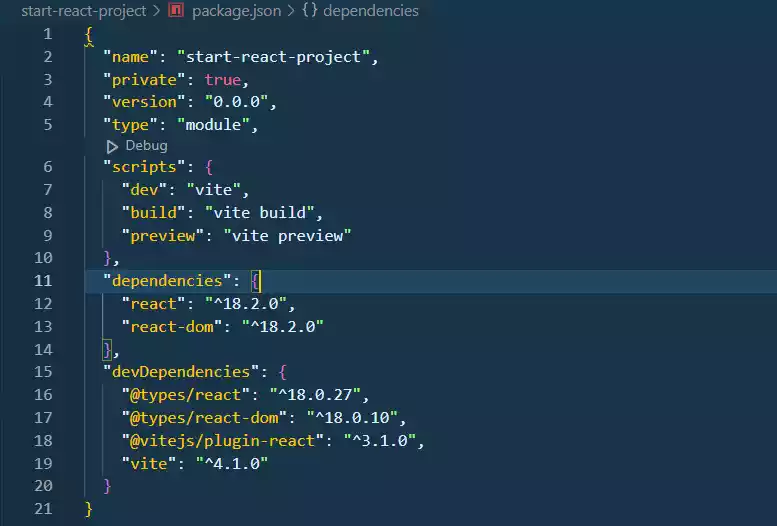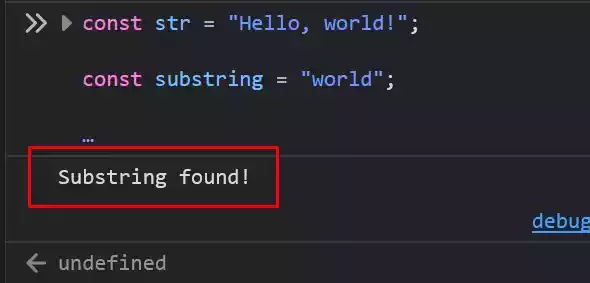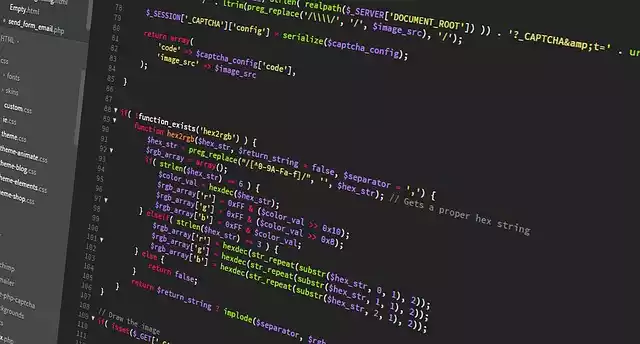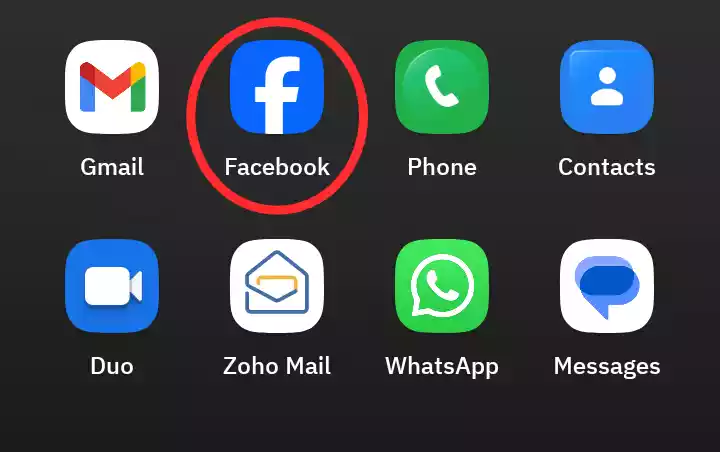What Programming Language is ChatGPT Coded In?
ChatGPT, one of the most advanced language models developed by OpenAI, is coded in Python.
Python is a versatile and widely-used programming language that finds extensive application in various domains, including data science, machine learning, and artificial intelligence.
Its simplicity, powerful libraries, and active community make it an ideal choice for building complex models like ChatGPT.
In this article, we will look deeper into the reasons why Python stands out as an excellent programming language for coding ChatGPT, exploring its features, versatility, and benefits.
Table of Contents
ChatGPT
With regard to natural language processing and machine learning, ChatGPT has emerged as a groundbreaking language model.
As a conversational AI tool, ChatGPT has the ability to generate human-like responses, engage in meaningful conversations, and provide valuable information to users.
Behind the scenes, Python serves as the underlying programming language driving the capabilities of ChatGPT.
Python: An Overview
Python is a general-purpose programming language renowned for its simplicity, readability, and efficiency.
It features a clean and elegant syntax that enables developers to write code that is easy to understand and maintain.
Python’s extensive standard library and third-party packages make it a powerful language capable of tackling diverse tasks.
Python for Machine Learning and AI
Python has gained significant popularity in the field of machine learning and artificial intelligence due to its rich ecosystem of libraries and frameworks.
Two widely-used libraries, TensorFlow and PyTorch, have played crucial roles in training and optimizing ChatGPT.
TensorFlow, developed by Google, provides a flexible and efficient framework for building and deploying machine learning models.
PyTorch, on the other hand, is known for its dynamic computational graph, making it a preferred choice for researchers and practitioners.
These libraries, along with numerous others, enhance the capabilities of Python and enable the development of sophisticated language models like ChatGPT.
Advantages of Python for ChatGPT
1. General-Purpose Language
One of the primary advantages of Python is its versatility as a general-purpose language.
It is not solely limited to machine learning and AI applications but can also be used for web development, scripting, scientific computing, and more.
This versatility makes Python a valuable asset for developers, as they can leverage their knowledge of Python for various projects and tasks.
2. Beginner-Friendly
Python’s simplicity and readability contribute to its reputation as a beginner-friendly language.
Its intuitive syntax and clean code structure facilitate the learning process, making it accessible to newcomers in the programming world.
With Python, aspiring developers can grasp fundamental concepts swiftly and start building their own projects.
3. Thriving Developer Community
Python boasts a vibrant and active community of developers worldwide. This community contributes to the continuous growth of Python by creating new libraries, sharing knowledge through forums and tutorials, and providing extensive support.
The availability of abundant resources and helpful communities ensures that developers working on projects like ChatGPT can seek assistance whenever they encounter challenges.
4. Open Source
Python is an open-source language, which means it is freely available and can be modified to suit specific needs.
The open-source nature of Python encourages collaboration and innovation within the developer community.
It also allows developers to explore the language’s inner workings, understand its intricacies, and contribute to its ongoing development.
Wrap Up
Python’s versatility, simplicity, powerful libraries, and active developer community have positioned it as the language of choice for coding ChatGPT.
As a general-purpose language, Python provides a solid foundation for the development of advanced language models, enabling the creation of intelligent conversational agents like ChatGPT.
With its ease of use and extensive resources, Python empowers developers to explore the boundaries of natural language processing and AI.
As the field continues to evolve, Python remains at the forefront, ensuring that language models like ChatGPT deliver remarkable conversational experiences to users.
Frequently Asked Questions
- Can Python be used for purposes other than machine learning? Yes, Python is a versatile language that can be used for various purposes beyond machine learning.
It is widely employed in web development, scripting, data analysis, scientific computing, and more. - Is Python difficult to learn for beginners? No, Python is known for its simplicity and beginner-friendly nature.
Its clean syntax and readability make it easier for newcomers to grasp the fundamentals of programming. - How does the Python community contribute to its development? The Python community actively contributes to the growth of the language by creating new libraries, sharing knowledge through forums and tutorials, and providing support to fellow developers.
- Can Python be modified according to specific requirements? Yes, Python is an open-source language, allowing developers to modify it according to their specific needs.
This flexibility fosters collaboration and innovation within the community. - How does Python’s extensive library ecosystem benefit developers? Python’s rich library ecosystem offers a vast range of pre-built modules and packages that simplify development tasks and provide ready-to-use solutions, saving developers time and effort.





